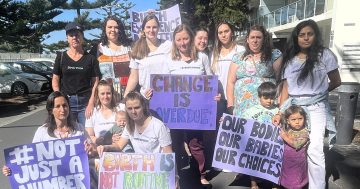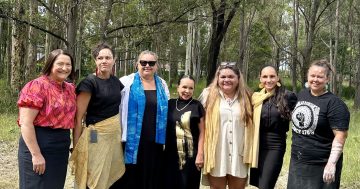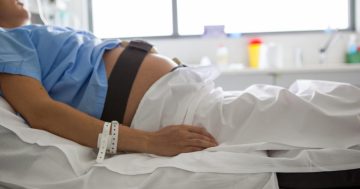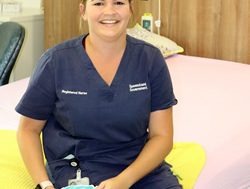 Curtin University researchers have found that encouraging women to quit smoking during pregnancy was insufficient and support should continue after their first babies were born.
Curtin University researchers have found that encouraging women to quit smoking during pregnancy was insufficient and support should continue after their first babies were born.
The University said the research paper, Smoking cessation and preterm birth in second pregnancy among women who smoked in their first, which was published in Nicotine & Tobacco Research (23 July), showed that many of those women would become pregnant again and quitting completely could substantially reduce the risk of future pre-term births.
It said the study examined the records and histories across 23 years of 63,540 Australian women with more than one child, who smoked during their first pregnancy.
Lead researcher from Curtin’s School of Population Health, Gavin Pereira said more than one third of women who smoked during pregnancy were able to stop smoking for their next pregnancy.
“Our research found that for more than 30 per cent of smoking mothers-to-be, quitting for their next pregnancies was achievable and, importantly, could reduce the risk of early birth in subsequent pregnancy by as much as 26 per cent,” Professor Pereira said.
“While the benefit of quitting in reducing the harm to unborn babies is well established, less well understood is the prevalence of maintaining the quit message at the next pregnancy and the associated risk of pre-term birth.”
He said it was clear from the study that maintaining quit messages and support for women who smoked during pregnancy, even after birth, could have a significantly positive outcome for both them and their subsequent babies.
Professor Pereira said he was concerned about the number of women who reportedly smoked during pregnancy.
“According to the latest figures from the Australian Institute of Health and Welfare, 75 per cent of smokers continue to smoke after 20 weeks, after finding out that they are pregnant,” he said.
“Smoking during this crucial time cuts oxygen to the unborn baby and exposes them to a cocktail of chemicals including those that cause cancer.
“This could delay growth and development, increase the risk of cleft palate and change the baby’s brain and lungs,” Professor Pereira said.
The research paper can be accessed at this PS News link.











